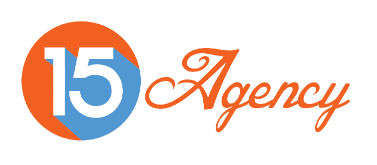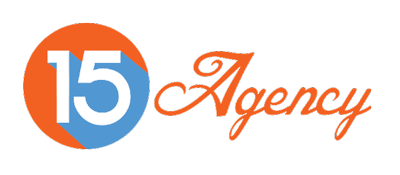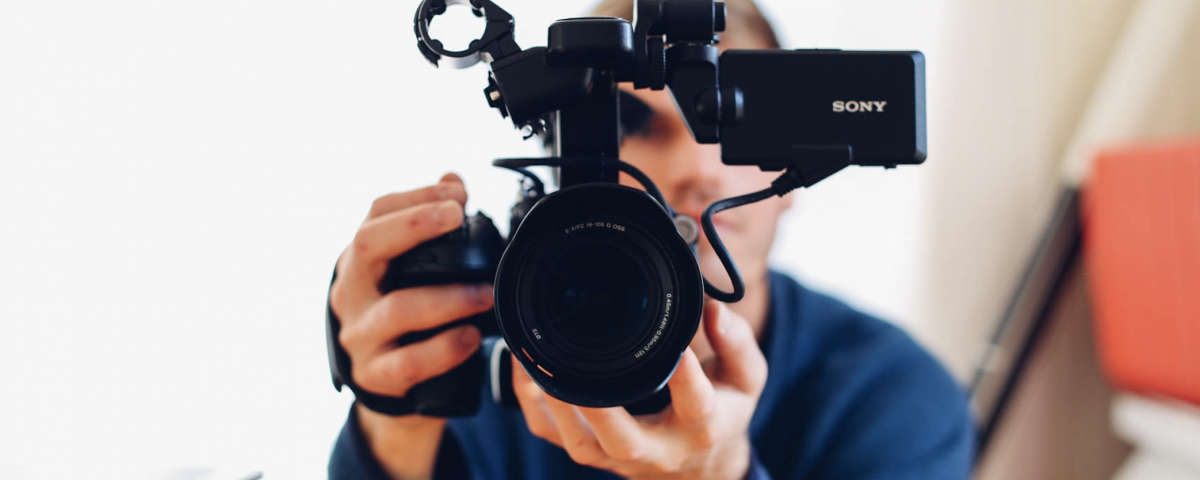10 Tips from TV Commercial Directors
Listen
Many actors tune out the explanation. They’re filling out a size card, chatting,
running the copy in their head—and missing some golden opportunities.
Remember, session directors have talked to the clients and know what they want.
Be flexible, especially at the callback. If the director gives you something different
from what you did at the first call, roll with it.
Have Fun
If auditioning isn’t fun, get out. The regular bookers bring some joy to the room.
They’re smart, happy, prepared, and relaxed. So when the pros walk in and just do
the job simply and cleanly, playing a supporting role to the star—that’s the product
—they stand out.
Make Choices
Commercial casting directors often see many actors per role. You have to come
into the studio ready to nail the first take. If you have an idea for your second take
—after you’ve already done one take with the direction you were given—then ask
nicely.
No Swearing or Apologizing
It’s perfectly fine to slip up a little. It’s not perfectly fine to start cursing and
apologizing. Don’t ask; just start over without saying a word about it. And no, they
cannot erase that part of your audition.
Be Professional
Be on time. Early is on time. Exactly when you were scheduled is late. Have the
right clothing, and wear the same thing to the callback. This is your business; don’t
show up clueless and then give attitude. Be friendly but don’t schmooze.
Slate Well
Make sure you start by facing the camera with a pleasant expression. You need to
hold a smile for the camera for a couple of seconds, before slating and without blinking. A thumbnail picture of you is created from those seconds and used with the online posting of your audition. This is what the client sees before viewing your
audition.
Be Prepared
It’s in your best interest to memorize your lines and be aware of the other
characters’ lines. It never looks good when your eyes keep darting to the cue card.
If you’re not good at memorizing, take an on-camera class; learn how to make the
cue card a partner in the scene. If there isn’t any dialogue in the spot, they might
post the treatment, which tells you what the director envisions, helping you with
everything from mindset to wardrobe.
Look Like Your Headshot
Casting directors rely on the headshot to know what roles an actor is right for. Get
a new headshot every couple of years. Don’t overdo the retouching. Leave the
mole, the bags under the eyes, the acne scars. When you look like your headshot,
no one’s time is wasted, no gas is wasted, and, most important, you get in on the
right opportunities.
Improvise
Many auditions are improvised: “Your car’s been hit, you’re talking to the other
driver—go.” Know how to tell the story without taking focus away from the
product. And if your partner is struggling with dialogue, be ready to improvise a bit
to help get your audition back on track; you will stand out that much more. Make
positive choices. If you’re not comfortable improvising, take a commercial improv
class.
Be Confident
From the moment you walk in the room, whether it’s for a first call or a callback,
your confidence—not arrogance—will elevate your standing in the eyes of the
director and improve your performance. And confidence flows from being
prepared. As Maya Angelou said, “When you know better, you do better.”



